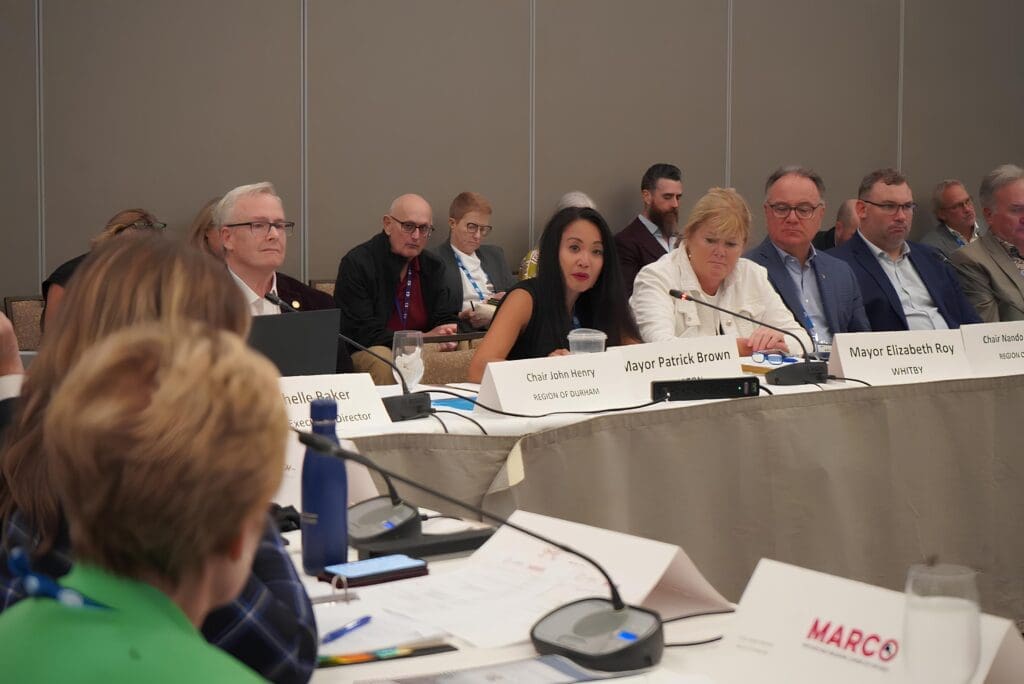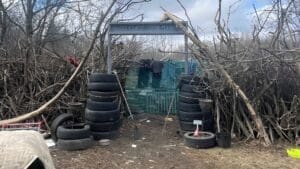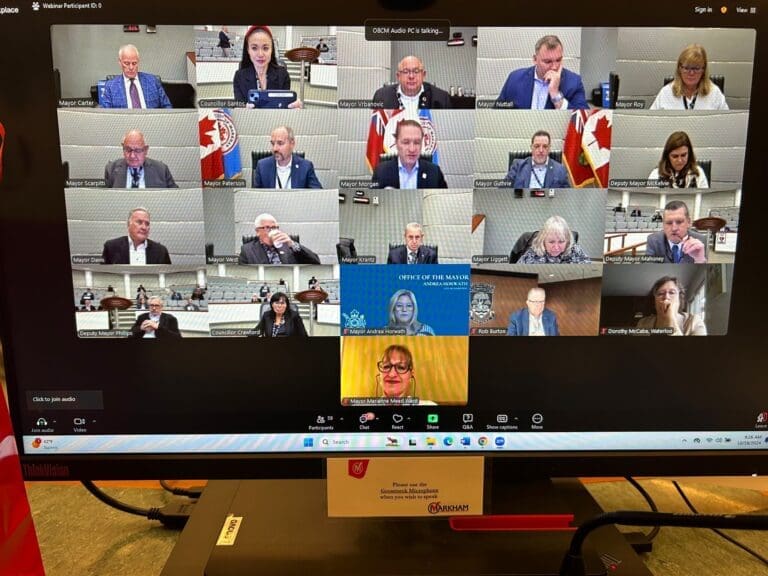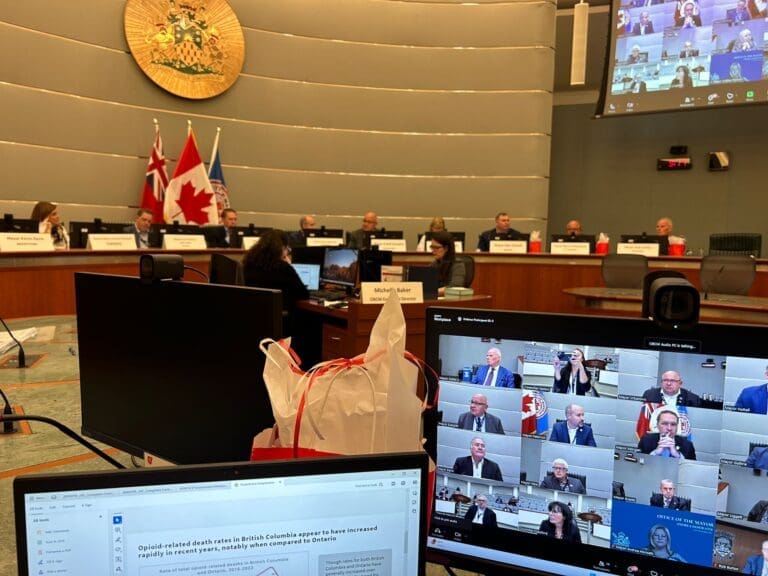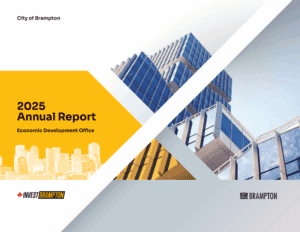The “Safe Public Spaces for All” report was tabled by the City of Brampton’s Community Safety and Wellbeing (CSWB) Office, to summarize the City of Brampton’s efforts to address the growing number of encampments across the city. Through Council direction, the report outlines the City’s experience in balancing public safety concerns while taking a compassionate approach and identifies gaps and further improvements to the City of Brampton’s internal processes in addressing encampments on City property. It also provides recommendations that improve the City’s coordination with Region of Peel, Peel Police and local Social Agencies.
“The City has diligently worked for many months to navigate the challenges of encampments in our public spaces. It is necessary to adopt a compassionate approach while also prioritizing public health and safety for residents in surrounding areas. Our recent experiences have led to successful strategies for creating safe public spaces for all, and we are hopeful that the Region of Peel will adopt our recommendations as part of their upcoming draft protocol for encampments.”
– Rowena Santos, Regional Councillor, Wards 1 & 5, Chair, Community Services
The largest concentration of encampments in Brampton started to emerge along a 2 km stretch of the Etobicoke Creek Trail (ECT) between Church Street and Williams Parkway in Spring 2023 and increased significantly in 2024. Traditional response interventions to address these encampments were not sufficient. This led to the development and implementation of an interim procedure to secure overflow motel spaces through the Region of Peel before issuing Trespass to Property Act (TPA) notices. Despite enforcement related challenges, the interim procedure successfully transitioned encampments along the ECT from twenty-five to one.
We provided regular updates through various posts on this website as listed below:
Creating safe public spaces for all as it relates to encampments on public property, requires ongoing coordination and communication across multiple divisions, different orders of government and service providers. The growing number of encampments has dictated an elevated response from all partners. As of October 9, 2024, there are 21 active encampments across the city (4 along the ECT).
Although encampments in Brampton are located on City property, the Region of Peel, as the Service Manager, leads the Peel Encampment Working Group and Steering Committee (see Attachment 1). These groups are developing the Encampment Policy Framework and Joint Protocols for Peel Region and its Local Municipalities (Encampment Policy and Joint Protocols), which will be presented to Regional Council in early 2025 for approval and implemented later that year.
Prior to implementation, the City of Brampton will continue its collaborative work with the Region and advocate on behalf of the City based on our experience and concerns from residents housed and unhoused. Through the Brampton Encampment Planning Working Group, gaps and their respective improvements have been identified.
Important points on Report
- Information Sharing and Collaboration
- Identifying and Locating Encampment Sites
- Assessing Risk and Priority
- Continuous Monitoring and Trespass (TPA) Notices
- Enforcing and Strengthening By-Laws and Trespass to Property Act (TPA) Notices
- Litter and Hazards
- Communication with Impacted Residents, Businesses, and Concerned Stakeholders
- Lack of Legislative Direction from Other Orders of Government
The City of Brampton is actively advocating for stronger legislative frameworks at both the federal and provincial levels to address the complex challenges of homelessness, encampments, and the need for adequate mental health and addiction supports.
The City of Brampton, alongside the Region of Peel and other municipalities, has passed several motions to advocate for increased funding and resources to address these pressing issues. The City’s efforts are aligned with broader national and provincial advocacy initiatives. The Federation of Canadian Municipalities (FCM) is urging the federal government to collaborate with provinces and municipalities to develop a comprehensive plan aimed at ending chronic homelessness.
At the provincial level, the Ontario Big City Mayors (OBCM) launched the “Solve the Crisis” campaign, calling on the provincial government to designate a single ministry and minister to lead the response to homelessness and mental health issues. This initiative also advocates for the creation of a municipal-provincial task force that would rapidly allocate resources and supports to cities facing these challenges.
For additional inquiries reach out to our office: rowena.santos@brampton.ca


